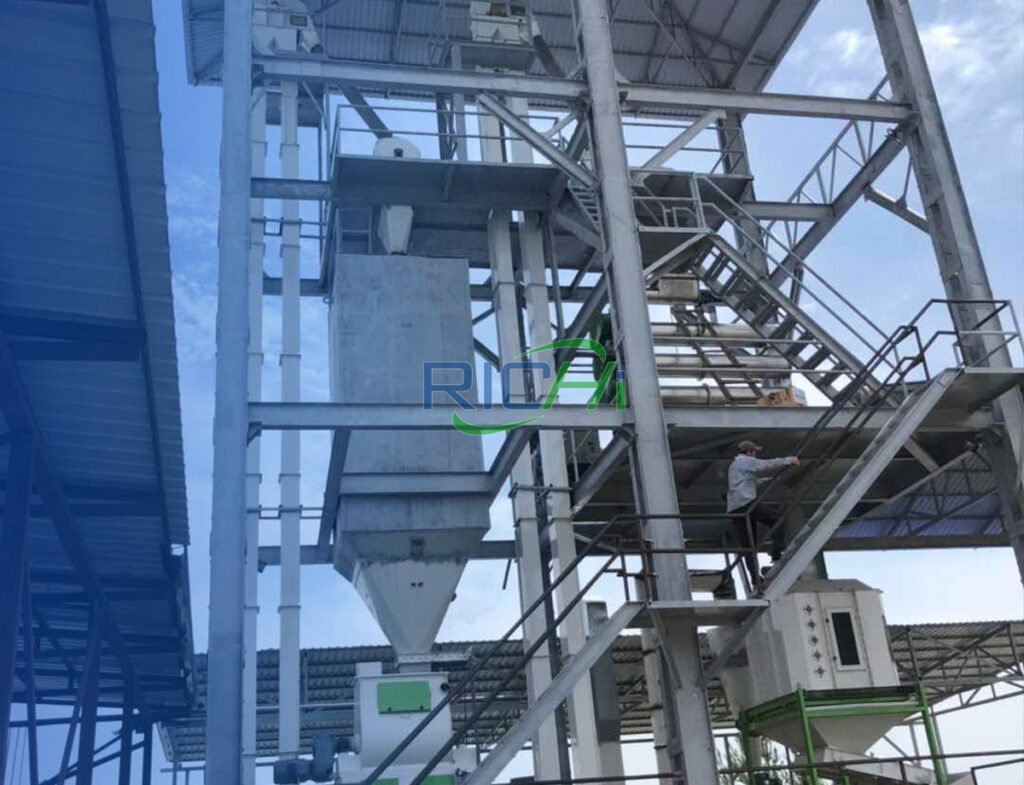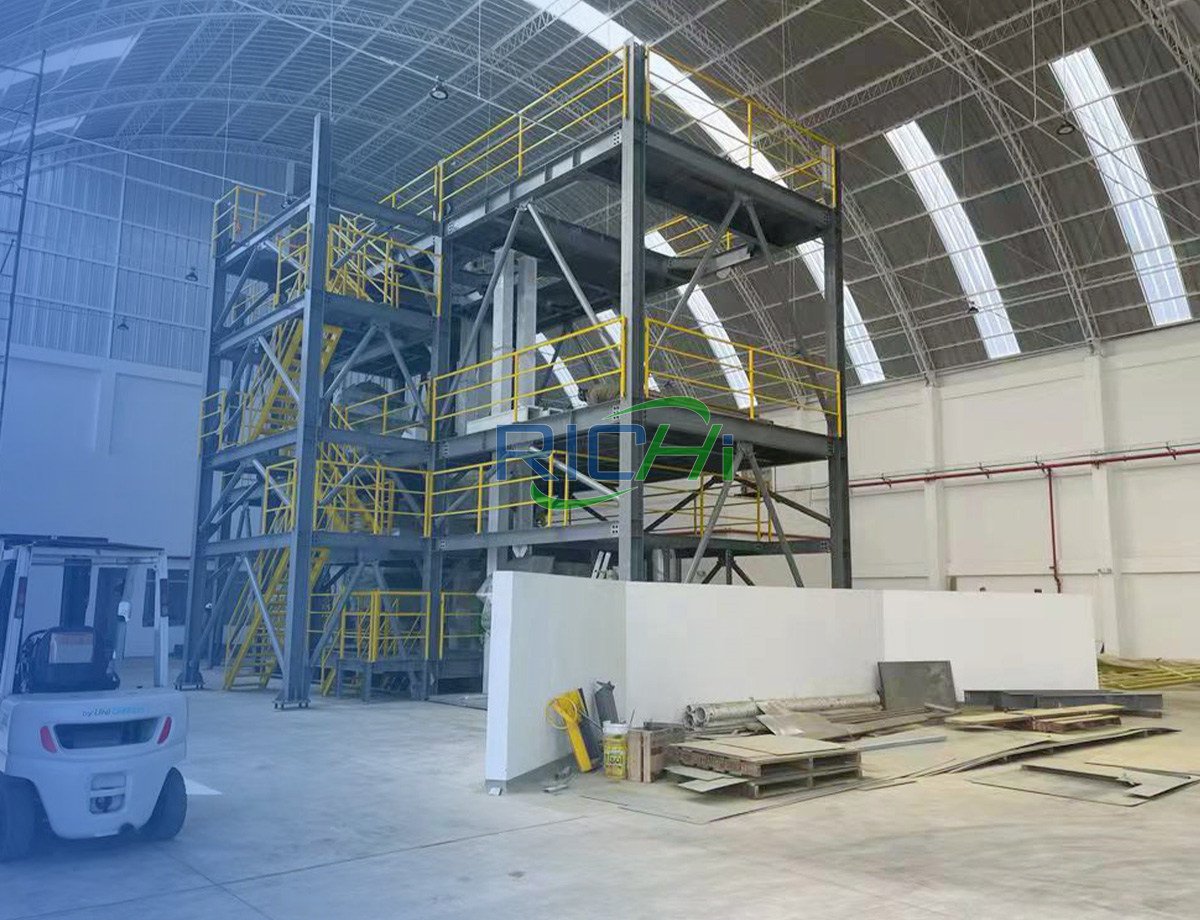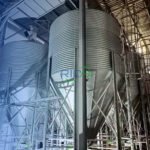Investing in a 5-7 tons per hour (T/H) animal feed milling machine is a significant decision for farmers, feed manufacturers, and agricultural businesses looking to produce high-quality animal feed efficiently. The process of purchasing such a machine involves several steps and considerations to ensure that you select the right equipment for your needs. This article outlines the key factors to consider when buying a 5-7 T/H animal feed mill machine.
1. Assess Your Production Needs
Before starting your search for a feed milling machine, it is essential to evaluate your specific production requirements:
- Type of Feed: Determine the type of animal feed you plan to produce, such as poultry, cattle, or aquaculture feed. Different types of feed may require different formulations and processing techniques.
- Production Volume: Assess how much feed you need to produce daily or weekly. A 5-7 T/H machine is suitable for medium to large-scale operations, so understanding your specific needs will help you choose the right model.
- Raw Materials: Identify the raw materials you will be using, such as corn, soybean, or other grains. Ensure that the machine you choose can handle the specific materials you plan to use.
2. Research Brands and Models
Once you have a clear understanding of your needs, research various brands and models available in the market:
- Brand Reputation: Look for manufacturers with a strong reputation for quality and reliability. Brands like RICHI Machinery, GEMCO Energy, and FTM Machinery are well-regarded in the industry.
- Customer Reviews: Read customer reviews and testimonials to gauge the performance and reliability of different machines. Online forums and agricultural communities can provide valuable insights.
- Technical Specifications: Compare the technical specifications of different models, including power requirements, production capacity, and dimensions. This information will help you identify machines that fit your operational setup.

3. Evaluate Costs
Cost is a significant factor when purchasing a 5-7 T/H animal feed milling machine:
- Initial Investment: Determine your budget for the machine. Prices can vary widely based on brand, capacity, and features. A 5-7 T/H feed milling machine typically ranges from $50,000 to $120,000.
- Operating Costs: Consider the ongoing operating costs, including energy consumption, maintenance, and labor. Machines with higher efficiency may have a higher initial cost but can save money in the long run through lower operating expenses.
- Financing Options: Explore financing options if the upfront cost is a concern. Some manufacturers offer payment plans or leasing options that can make purchasing more manageable.
4. Assess Maintenance and Support
Maintenance requirements and customer support are critical aspects to consider when purchasing a feed milling machine:
- Ease of Maintenance: Look for machines designed for easy maintenance, with accessible components for cleaning and servicing. Brands that provide clear maintenance guidelines can save you time and effort.
- Warranty and Support: Check the warranty offered by the manufacturer. A longer warranty period often indicates confidence in the machine’s durability. Additionally, consider the availability of customer support for troubleshooting and repairs.
- Spare Parts Availability: Ensure that spare parts for the machine are readily available. This can significantly reduce downtime in case of repairs.
5. Visit Trade Shows and Expos
Attending agricultural trade shows and expos can provide valuable opportunities to see machines in action:
- Live Demonstrations: Many manufacturers showcase their equipment at trade shows, allowing you to see the machine’s performance firsthand and ask questions directly to company representatives.
- Networking: Trade shows provide an excellent opportunity to network with other farmers and industry professionals. You can gain insights into their experiences with different machines and brands.
6. Make Your Purchase
Once you have thoroughly researched and evaluated your options, it’s time to make your purchase:
- Choose a Reputable Supplier: Purchase from a reputable supplier or directly from the manufacturer to ensure you receive a quality product and reliable support.
- Negotiate Terms: Don’t hesitate to negotiate the price and terms of sale. Many suppliers are willing to offer discounts or better terms, especially if you are purchasing multiple machines or additional equipment.
- Finalize Delivery and Installation: Confirm the delivery timeline and any installation services offered by the supplier. Proper installation is crucial for optimal machine performance.
7. Training and Operation
After purchasing the machine, ensure that you and your staff are adequately trained to operate it:
- Manufacturer Training: Many manufacturers offer training sessions for new customers. Take advantage of these opportunities to learn about the machine’s operation and maintenance.
- Safety Protocols: Implement safety protocols for operating the machine to prevent accidents and injuries.
- Regular Monitoring: Once the machine is operational, regularly monitor its performance and make adjustments as needed to maintain efficiency.
Conclusion
Purchasing a 5-7 T/H animal feed factory machines is a significant investment that can enhance productivity and profitability in animal feed production. By carefully assessing your needs, researching brands, evaluating costs, and ensuring proper training and support, you can make an informed decision that meets your operational requirements.The right machine will not only help you produce high-quality feed but also contribute to the overall efficiency of your farming or business operations. As the demand for animal feed continues to grow, investing in a reliable and efficient feed milling machine is a strategic decision that can yield significant long-term benefits.


